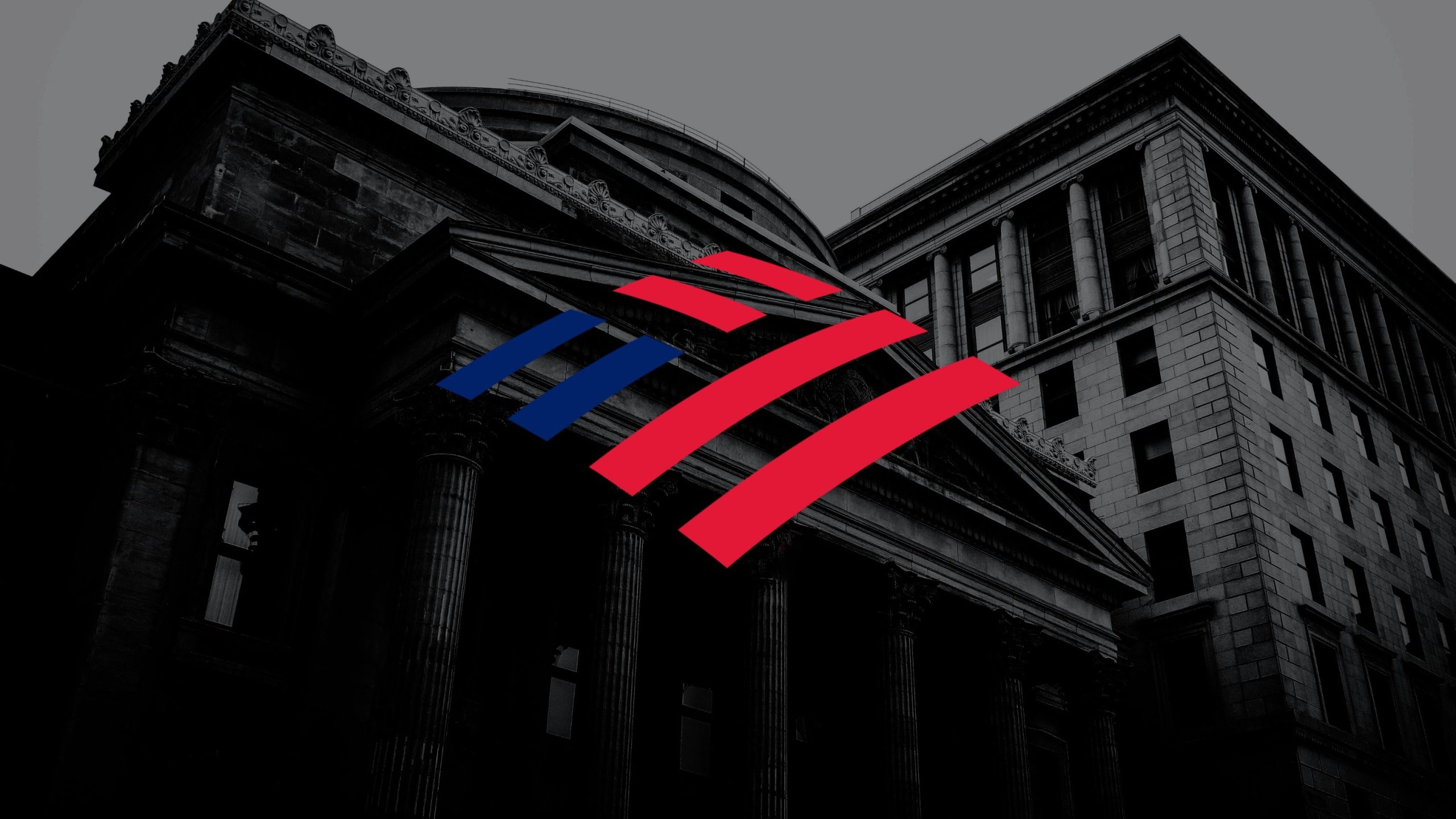Bank of America is facing serious accusations of involvement in discrimination based on politics, religion, and ideology (i.e., speech expressing this), with the targets of “debanking” allegedly being some Christian churches as well as supporters of Donald Trump.
These suspicions are expressed by over a dozen attorney-generals from Republican states who are behind a letter sent to Bank of America CEO Brian Moynihan, looking for answers – and documents – related to the accusations.
The initiative follows revelations that Bank of America was turning over financial data belonging to clients to the FBI and the Treasury, as they investigated January 6 suspects.
Kansas AG Kris Kobach is leading the effort now, which centers on clarifying, by providing the relevant documents, the policy based on which the bank cancels some accounts. AGs from Alaska, Arkansas, Indiana, Iowa, Mississippi, Missouri, Montana, Nebraska, South Carolina, Texas, and Utah also signed the letter.
Another point made in it is that the bank’s policies must be updated to make sure that going forward, clients don’t continue to be discriminated against because of their politics or religion.
According to Kobach, the bank is imposing its own “preferred” political and religious stances when allowing clients access to services.
“Your discriminatory behavior is a serious threat to free speech and religious freedom, is potentially illegal, and is causing political and regulatory backlash,” reads the letter.
Kobach and the co-signers warned that Bank of America must assure both them and its shareholders in a transparent way that clients will no longer be “debanked” simply because of their opinions and beliefs.
The letter was first reported in the Daily Mail, which managed to get a reaction from the bank, which denied it was considering religious belief when deciding to close somebody’s account.
To prove this point, a representative said that “non-profit organizations affiliated with diverse faith communities” are happily served by the bank.
However, that does not mean that everyone “qualifies.” As the letter penned by the AGs states, when one of those affected, the Timothy Two Project International Christian ministry group was targeted, Bank of America said the account was closed because this client was “operating a business type we have chosen not to service.”
And when the same decision was taken regarding the account of Servants of Christ, the explanation being it was “the wrong business type.”
The practice of debaking, the letter continued, means that Bank of America is “opening itself up to potential legal liability under consumer protection and anti-discrimination laws, and creating substantial regulatory and political risk from states that are already taking action to stop debanking.”



Of course I have biases, but the bias does not reflect in my thesis (which is the opposite of what you realize). In particular, just because I find the bakers to be bigots does not mean I expect them to lose in court. I still actually believe the bigoted bakers rightfully won the case (thus, this does not prove your point, which is that you think there should have been no court case). The court case was not about whether they are bigots. It’s about whether an artist should be forced to produce art that favorably expresses people/ideas they hate against their 1st amendment rights also amid their right to choose who to do business with.
So the court was right to rule in favor of the bakers. But your claim that there should not have been a court case at all remains unsupported. The case had merit. The rights of people in a protected group (sexual orientation) were discriminated against and so they were rightfully given a forum to have their legitimate complaint heard.
IMO, it’s a fucked up extreme bias that brings you to consider the case frivolous, as if one side of the debate did not have enough merit to even warrant a court case.
Interesting that you agree that the court made the right decision and then claim their rights were violated. They weren’t.
You’ve misunderstood the problem if you fail to see that ruling in favor of one party necessarily violates the rights of the other party. The decision was a compromise on which party’s rights carry more weight to prevail over the rights of the other party. Both parties had rights worthy of defending.